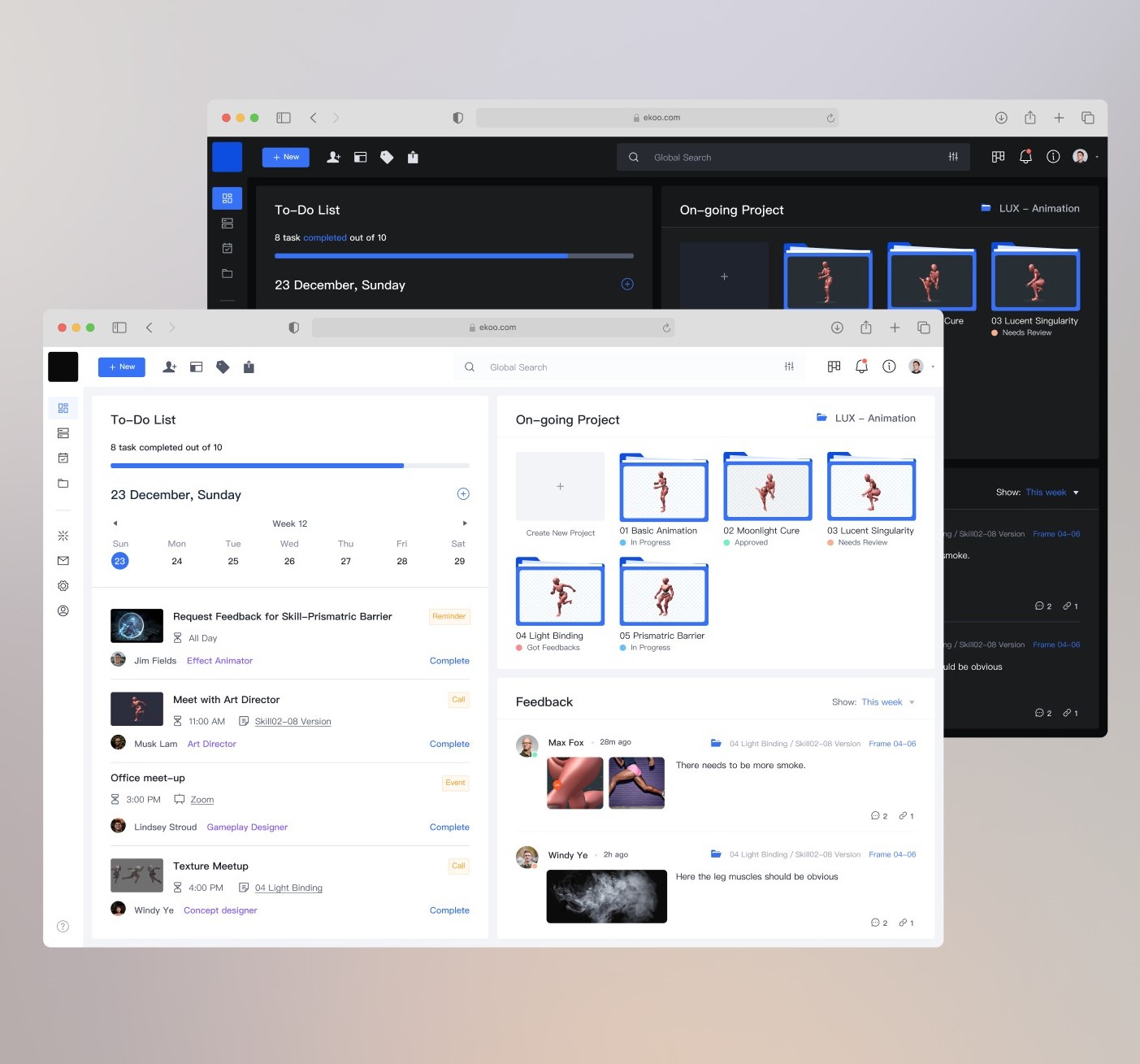

Today we’d like to introduce you to Yutong Zhang.
Hi Yutong, can you start by introducing yourself? We’d love to learn more about how you got to where you are today?
When I was 17 years old, I found myself in an unprecedented state of confusion when facing my first ‘career planning’ decision. I began exploring various professions and lifestyles, joining a career-experience volunteer club. I tried my hand at diverse roles, from artist assistant to recording engineer and even archaeology. It was by chance that, while volunteering at a nursing home, I noticed that many elderly people seemed left behind by the digital age. They struggled with smartphones, and their ability to learn had weakened with age. This made their daily tasks, such as grocery shopping, paying bills, and even entertainment, much more challenging than for younger generations.
I decided to embark on my first interaction project in life—a physical book teaching the elderly how to use an app to pay their water bills. The book featured slots in which the elderly could securely place their smartphones, and as they turned the pages, the book provided step-by-step instructions. The positive feedback from the elderly for this project was truly heartening. At that time, I wasn’t even aware of the field dedicated to user experience; I thought I was simply creating a ‘handmade’ solution. It wasn’t until a friend saw this project and strongly recommended me to explore human-computer interaction that I became aware of my potential interest. After researching further and learning about a community of UX designers committed to using design to make a positive impact on society and underserved populations, I solidified my career plan to become a UX designer.
Now, nearly six years later, I am pleased that I am still dedicated to designing for social innovation. Over the past six years, I have worked on projects aimed at reducing food waste, elderly rehabilitation training, and protecting endangered bees. Currently, I work as UI/UX designer at a company focused on developing sustainable smart cities.
Alright, so let’s dig a little deeper into the story – has it been an easy path overall and if not, what were the challenges you’ve had to overcome?
In the beginning, when I was still a student designer, my designs were always overly ‘optimistic.’ What I mean is that I used to believe that any design beneficial to the user would be 100% accepted.
However, it was only later, when I presented my designs to clients, managers, and other stakeholders and faced repeated rejections, that I realized design isn’t solely about serving the user. In the business world, a product also needs to have some profitability. It needs to differentiate itself, whether in terms of design or operational models.
As a UX designer, I spent a long time trying to find the balance between the needs of stakeholders and users. Many times, in order to meet stakeholder demands, the user experience would be compromised, which went against my initial design principles. However, I now realize that there is no one-size-fits-all perfect solution to this issue. Still, as a UX designer, my responsibility is to represent the users, advocate for their needs, and strive for their benefit.
Alright, so let’s switch gears a bit and talk business. What should we know about your work?
I’m a UI/UX designer, but also a curious digger. I am a blend of logical and creative thinking and possess an insatiable curiosity that drives me to explore the intricacies of logic. I firmly believe that evidence-driven design is crucial for boosting innovation, and beautiful visuals empower the user experience to enhance the story. Delving into industry insights and human behavior and validating findings through testing informs my design decisions down to the very last visual detail.
From my understanding, design is a way to humanize technology while keeping experiences affordable, allowing individuals to enjoy everyday life, not endure it, and being the applause in a crowded room.
Networking and finding a mentor can have such a positive impact on one’s life and career. Any advice?
I understand that finding a mentor or networking can be quite daunting for many designers or students. However, this process has been incredibly helpful for me. Design professionals in different specialized fields have their unique work experiences and insights from which we can learn a lot. As aspiring designers, entering the workforce can be confusing because real-world challenges are often not covered extensively in school curricula.
My suggestion is to try reaching out directly to designers within companies you’re interested in or attend some offline design events. You can even reach out to designers who have been interviewed by Voyage. Networking is not as challenging as we might imagine.
Contact Info:
- Website: https://www.linzozo.xyz/works
- Instagram: https://www.instagram.com/zoe_tongt





















